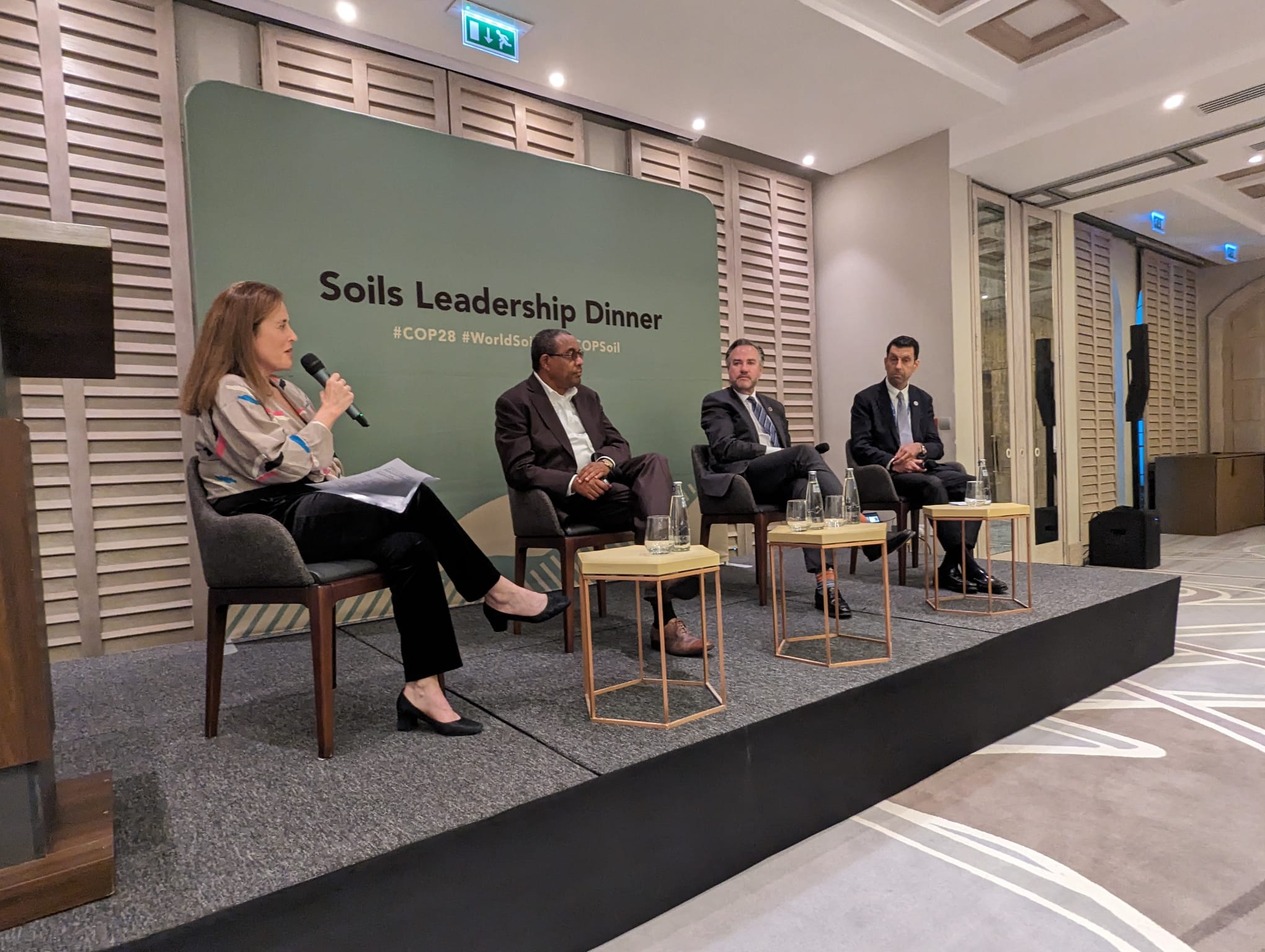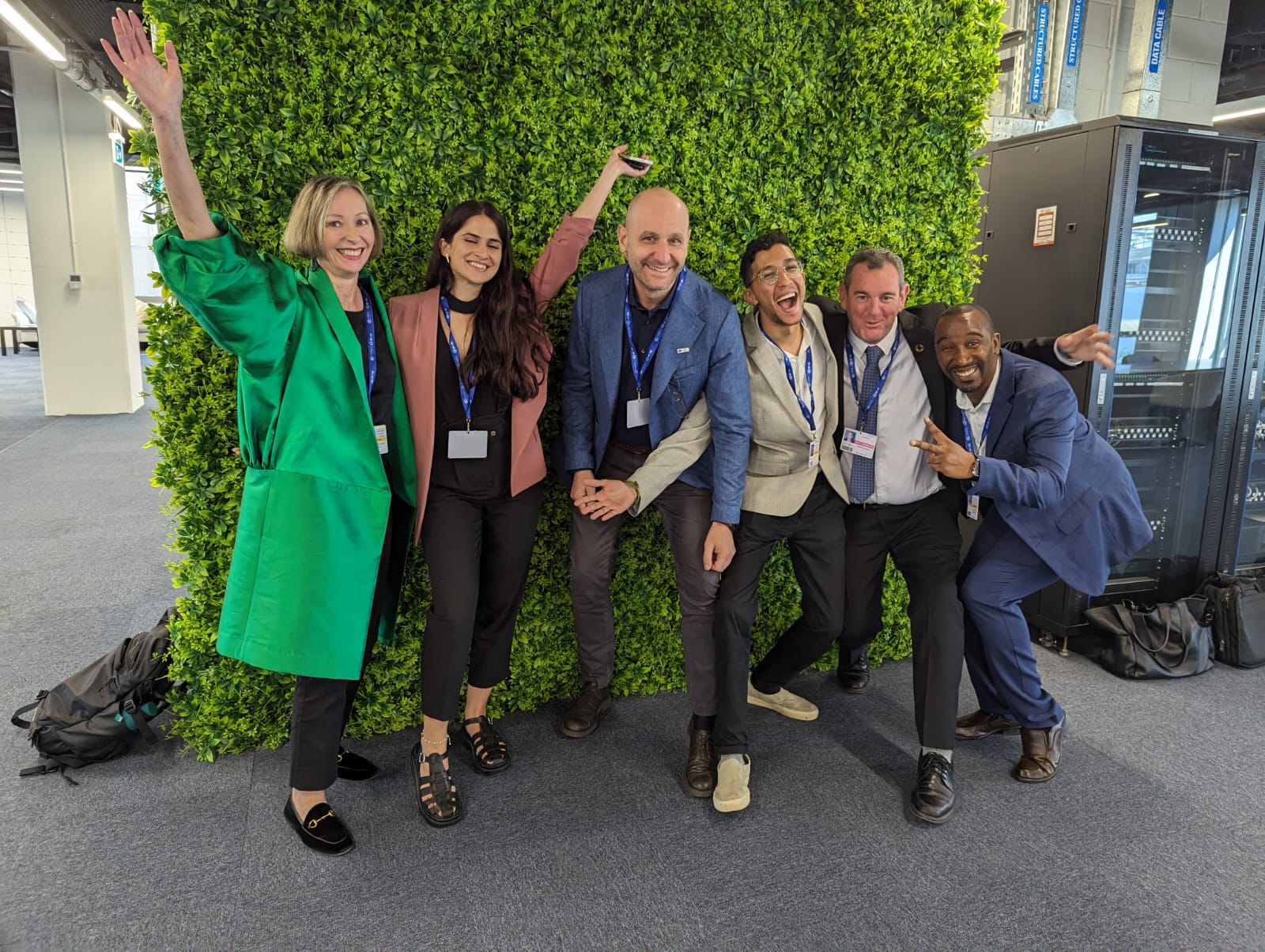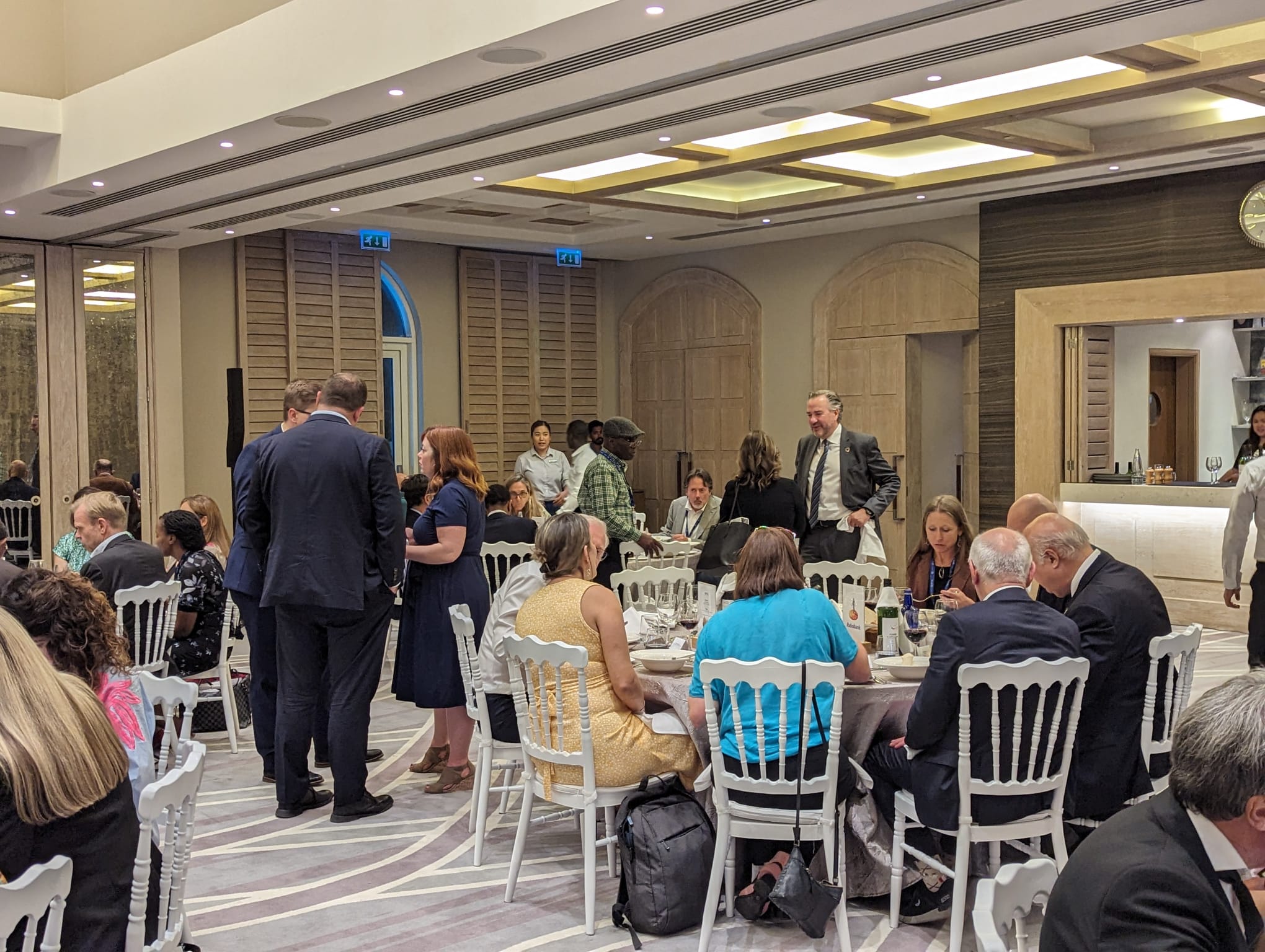ECOSOC at 80: Renewing Multilateralism in an Age of Global Uncertainty
On 23 January, the United Nations Economic and Social Council (ECOSOC) convened a commemorative session…

For many years, I attended COP meetings in which agri-food systems were not at, or on, the table. This year, the UAE captured a new political will to put food and agriculture firmly in the climate discussions and secured unprecedented support. The Emirates Declaration on Sustainable Agriculture, Resilient Food Systems, and Climate Action, backed by an impressive 159 countries, reflects a collective commitment to sustainable agricultural practices and resilient food systems. In particular, the leadership of H.E. Mariam Bint Mohammed Saeed Hareb Almheiri managed to have countries commit to include agriculture and food systems in their Nationally Determined Contributions (NDCs). This takes the climate change and agri-food discussion back to the national level, where regulation, incentives and measurement are not abstract, but rather very concrete – truly a game changer.
On a personal note, I am also pleased that the Declaration included a reference to soil health, and important breakthrough in getting soils on the agenda in the climate discussion. The announcements on regenerative landscapes furthered this commitment to soils and nature-based solutions.
Throughout the week there were also major announcements on finance, particularly for innovation. CGIAR secured an impressive US$890 million to assist smallholder farmers in low- and middle-income countries, with substantial contributions from the Netherlands, the UK, the US, the World Bank, and Norway. Initiatives like the AIM4Climate Initiative increased its investment to over $17 billion, aiming to reduce farming emissions. There were many other announcements as well, but one area that needs attention is Loss and Damage funding. It was the first announcement of COP that a Loss and Damage fund was set up – a success for UAE, since there had been a lot of foot dragging in this area. Though established with a paltry sum, it is important agriculture is identified early as a potential beneficiary since farmers in rural areas are on the front lines of climate damage. We need proactive funding to protect against drought, flooding, and herd loss that leads to food insecurity and a continued cycle of degraded landscapes.

FAO was active with several released reports, including the “FAO Roadmap to SDG2 without breaching the 1.5C threshold“, to attain SDG2 on Zero Hunger without exceeding the 1.5°C global warming goal. The Roadmap, presented with a global vision, aims to develop regional plans and financial assessments by COP29 and country-specific action plans, monitoring, and accountability mechanisms by COP30. Focused on ten key action domains, the Roadmap outlines goals such as achieving CO2-neutral agrifood systems by 2035, transforming them into a net carbon sink (-1.5 Gt CO2eq/year) by 2050.
We also saw the milestone decision on the First Global Stocktake (GST), offering an initial assessment of global progress towards the Paris Agreement’s goals. Agriculture and food systems were featured in the adaptation section of the GST emphasizing the pivotal role that food systems should play in climate adaptation. The GGA also included reference to agriculture and food systems, signalling a new willingness to incorporate the sector into overarching outcomes of the COP negotiations. Sadly, this did not extend to the one specific, technical area of negotiation on agri-food.
The Sharm El Sheikh Joint Work on the Implementation of Climate Action on Agriculture and Food Security and no substantial outcome was reached. This makes the discussion in Bonn in June 2024 very important to see if the political will at #COP28 translates into technical work.
COP28 marked a significant step forward in integrating agriculture and food systems into the global climate dialogue. More than 600 events were dedicated to agriculture, with a focus on Food, Agriculture, and Water Day (December 10th) hosting over 125 events on Food and Agriculture. It was exciting, but I hope that proliferation can be contained next year so that the sector spends less time speaking to itself in small events, and expands to engage in discussions across the COP process. Looking ahead to COP29 in Baku, Azerbaijan and COP30 in Belem, Brazil, food systems will clearly be a priority topic and the entire food system, including farmers, will need to adjust from the days when we were left out to being at the centre table. Let’s continue to focus on the solutions agriculture can bring on climate change and the means to implement them as quickly as possible.

For some holiday reading, learn more about some of the components: